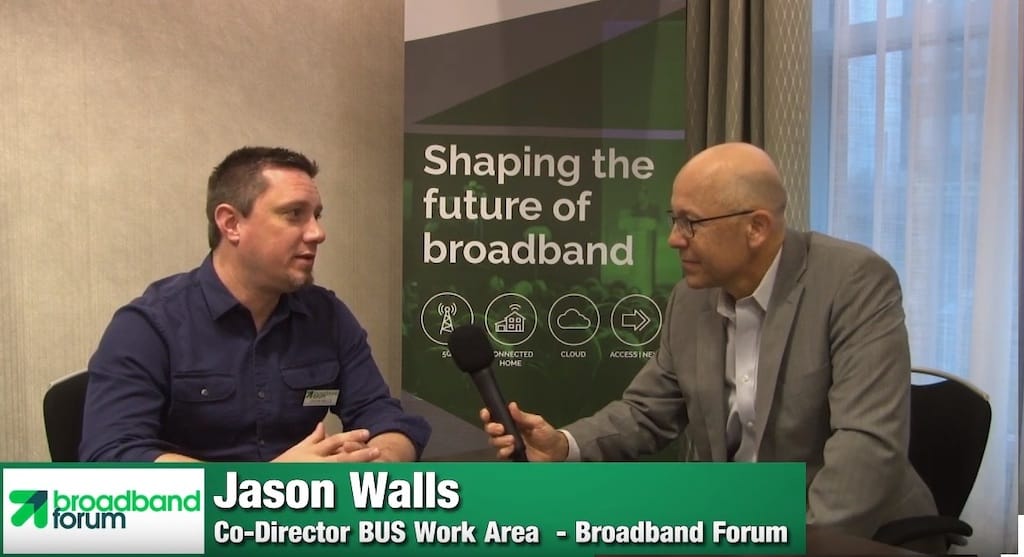Affordable Connectivity Program Outreach, Connected Device Standards, White Supremacists on Crypto
A new study argues the FCC’s new Affordable Connectivity Program should improve its outreach and enrollment procedures.
Justin Perkins

February 7, 2022 – A new study Wednesday out of the University of Southern California argues the Federal Communications Commission’s new Affordable Connectivity Program should improve its outreach and enrollment procedures to facilitate greater participation in the program.
The study found that the Emergency Broadband Benefit — the ACP’s predecessor — was less effective in reaching households in different states. In Ohio, about a third of eligible households were enrolled in EBB, compared to 4 percent in South Dakota.
For communities to increase participation in the program, the study recommends that the ACP should “significantly expand coverage, particularly in areas with low residential connectivity pre-pandemic.”
“Renewed outreach efforts are urgently needed in rural and less populated areas, among older adults, and in communities with a large share of foreign-born residents,” the study found.
FCC Chairwoman Jessica Rosenworcel last year raised “outreach” for the EBB has the “most valuable thing” for the program.
The Annenberg findings are part of the Measuring the Effectiveness of Digital Inclusion Approaches project with the University of Southern California, a research program that seeks to analyze existing broadband inclusion initiatives and provide evidence-based recommendations on how best to connect low-income households to broadband on a sustainable basis.
New standards for managing connected devices
The Broadband Forum and Wi-Fi Alliance published a new set of standards for managed services Monday that is expected to make managing connected devices faster and more efficiently.
The new standards will enable interoperable customer Wi-Fi optimization and management services, a press release said Monday. The latest technology can enable greater control of smart home and IoT devices.
Developed with collaboration from operators, chipset manufacturers, vendors, and management application companies, the releases “will help introduce more efficient and faster ways to manage connected devices,” Gavin Young, Vodafone head of Fixed Access Centre of Excellence, said in the release.
“With demand heightening for device management, the use of open standards are more important than ever as we have seen with these releases. It is essential that standards organizations continue to work together.”
Jason Walls, chair of the Broadband Forum Connected Home Council, said that industry collaboration was key to publishing the new standard. Broadband Forum is a non-profit industry group comprised of broadband operators, vendors, and policy leaders.
“By bringing together broadband players from across the industry to work together, operators worldwide will benefit from these new standards, helping unlock the full potential of the Connected Home market.”
Cryptocurrencies attractive to white supremacists
Cryptocurrencies have been attractive to white supremacist groups, the Economist reports.
Viewed by some groups as a last resort after being banned from Apple Pay, Google Wallet, Visa, and Discover following the 2017 protests in Charlottesville, Virginia, far-right groups found a haven in cryptocurrency, the paper reports.
According to the Southern Poverty Law center, over 600 cryptocurrency addresses used by members of the far-right. “They advertise their wallets on their websites and social media, asking for donations. And they get them,” the Economist reports. Stefan Molyneux, a far-right podcaster who was ousted from YouTube, has received over $1.67m in bitcoin from donors, according to the story.
“The wider crypto scene is often imbued with an anti-establishment spirit. Its fans proclaim that decentralized blockchains will revolutionize finance. This idea appeals to libertarians or those who distrust the traditional banking system,” the story said.
However, the story adds, the idea also appeals to anti-Semites. Cryptocurrency is more attractive to those who “believe banks hold too much power because they fear Jewish control over business will be seduced by the idea of an independent or decentralized financial system.”









Member discussion